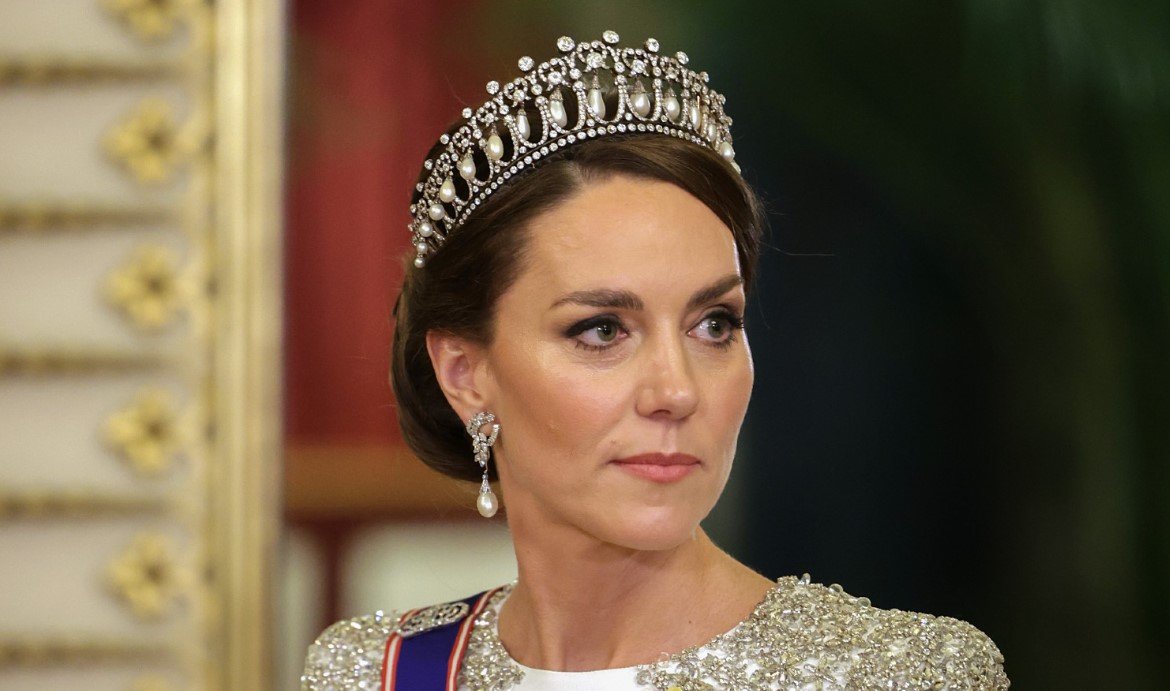In the wake of a prolonged public absence, Catherine, the Princess of Wales, faced a whirlwind of speculation and concern. Her disappearance from the public eye led to rampant rumors and unfounded theories on social media, overshadowing the genuine health struggles she endured. This article delves into the events that unfolded during her absence and the lessons learned about privacy and empathy in the digital age.
The Spark of Speculation
After nearly two months without a public appearance following an event on January 16, the Princess’s absence ignited a firestorm of speculation. Social media platforms became breeding grounds for rumors, with some suggesting marital issues and others hypothesizing severe health concerns. The situation escalated to the point where digitally altered images and baseless conspiracy theories clouded the truth, demonstrating the alarming speed at which misinformation can spread.

The royal family’s announcement of the Princess’s abdominal surgery and subsequent recovery period did little to quell the tide of conjecture. As the weeks passed, the public’s thirst for information grew, leading to invasive scrutiny and a blatant disregard for the Princess’s privacy.
The Reveal and Reaction
The turning point came with the release of an emotional video, where Catherine revealed her cancer diagnosis and the commencement of chemotherapy treatment. The news was met with a wave of sympathy, replacing the prior skepticism with regret and support. Public figures and celebrities who had previously engaged in the rumor mill took to their platforms to apologize, acknowledging the harm caused by their earlier comments.
The Princess’s candid disclosure highlighted the challenges faced by public figures in managing personal health crises under the public microscope. It also served as a poignant reminder of the human element often forgotten in the quest for sensational stories.
Reflection and Respect
The aftermath of the revelation has sparked a broader conversation about the boundaries of public interest and the right to privacy. The intense scrutiny faced by the Princess of Wales raises questions about the entitlement of the public to the personal lives of figures like Catherine. It underscores the need for a collective reflection on how we engage with and consume information about public personalities.
As the Princess of Wales continues her recovery and treatment, the lesson remains clear: respect and empathy should guide our interactions and judgments, particularly in the realm of public discourse.
































